Epinephrine/NE (heart rate, altered blood flow, glycogenolysis & bronchodilation)
By: HWC
Date Uploaded: 11/20/2019
Tags: homeworkclinic.com Homework Clinic HWC Epinephrine heart rate hypothalamus chromaffin cells norepinephrine glycogenolysis bronchodilation
• Stressors trigger increased sympathetic stimulation from the hypothalamus to the chromaffin cells of the adrenal medulla. • This causes the immediate release of epinephrine and norepinephrine (NE). • Epinephrine/NE binds to the cardiac muscles of the heart. • Cardiac muscle cells constrict faster, increasing heart rate and therefore cardiac output. • Increased cardiac output rapidly increases blood pressure thereby resisting stress. • Epinephrine/NE binds to smooth muscles of blood vessels. • Flow of blood through vessels is altered: • increased flow through brain, heart, lungs and skeletal muscles. • reduced flow through skin, urinary organs, digestive organs and reproductive organs. • Blood flow is diverted to those organs that are capable of rapidly resisting stress. • Epinephrine/NE binds to liver cells. • Increased Epinephrine and NE increase blood glucose by promoting glycogenolysis. • Increased glucose is delivered to those organs that are capable of rapidly resisting stress. • Epinephrine/NE binds to smooth muscle cells in bronchioles. • Increased Epinephrine and NE increase bronchodilation allowing greater airflow into the lungs. • Increased oxygen is delivered to those organs that are capable of rapidly resisting stress. • Epinephrine and norepinephrine promotes: • Increased cardiac output. • Altered flow of blood through the vessels to appropriate organs. • Glycogenolysis. • Bronchodilation. • The overall result of these actions is an enhanced ability of organs to resist stress.
Add To
You must login to add videos to your playlists.
Advertisement



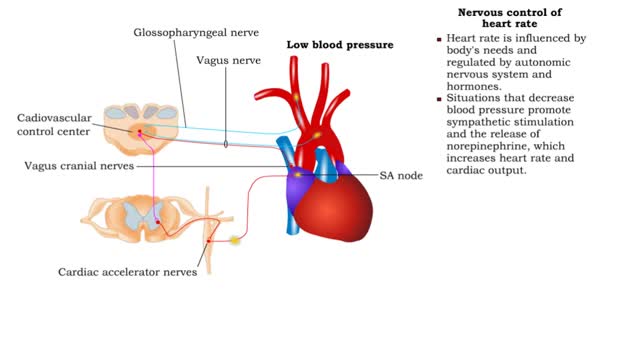
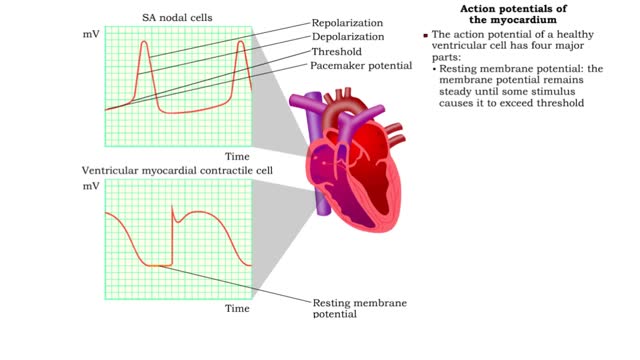
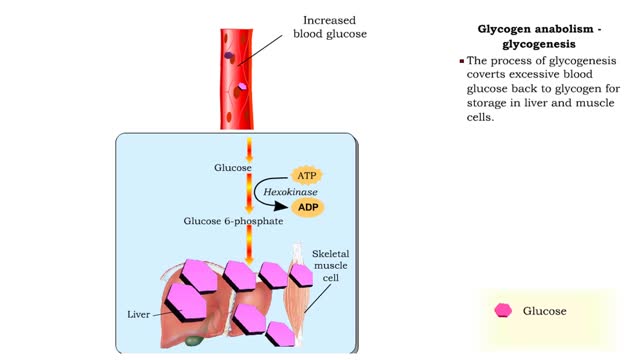
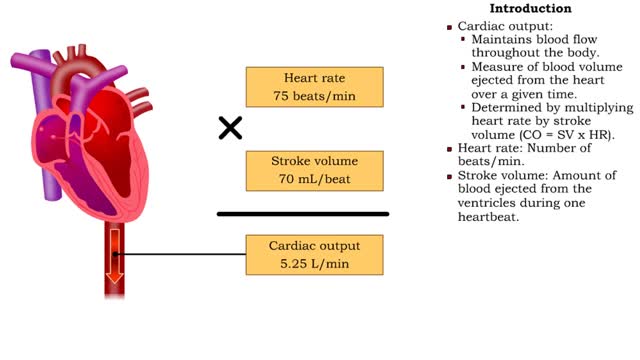
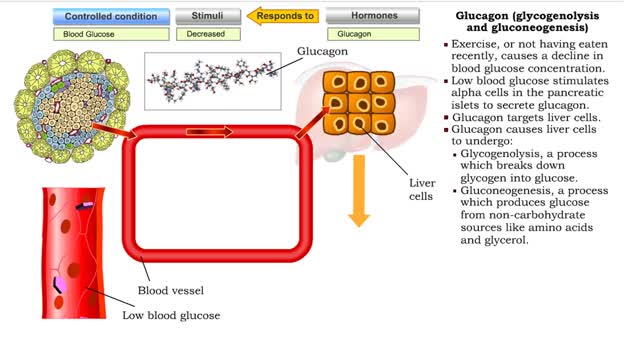
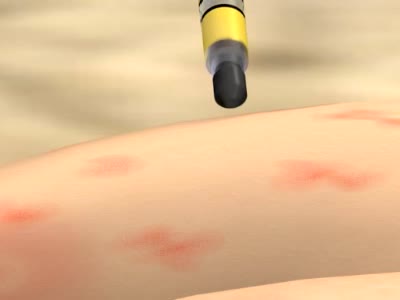
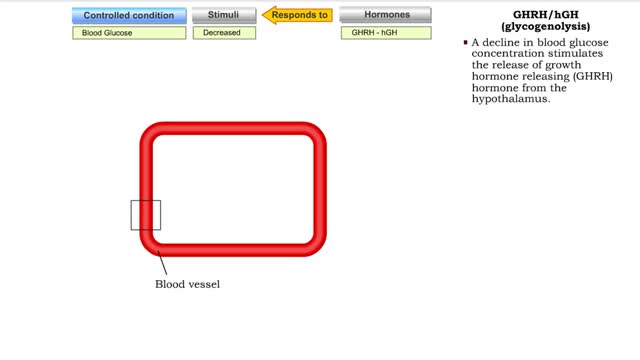
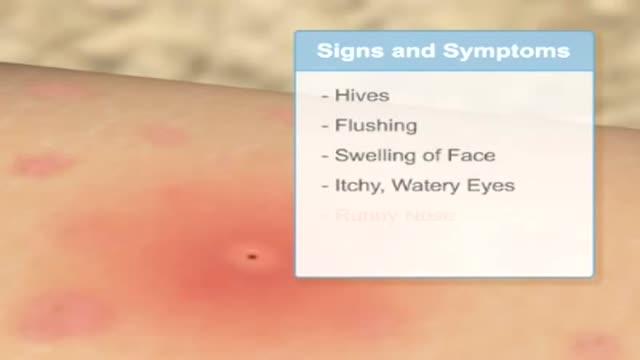
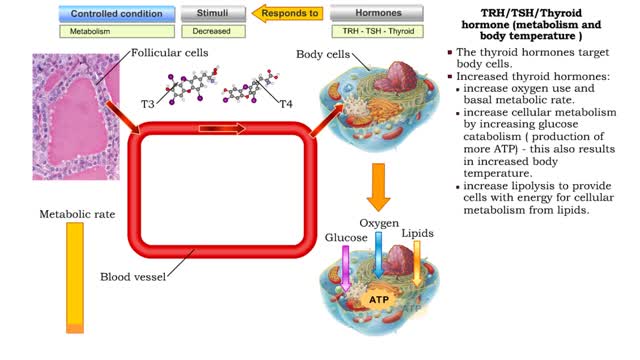
Comments
0 Comments total
Sign In to post comments.
No comments have been posted for this video yet.